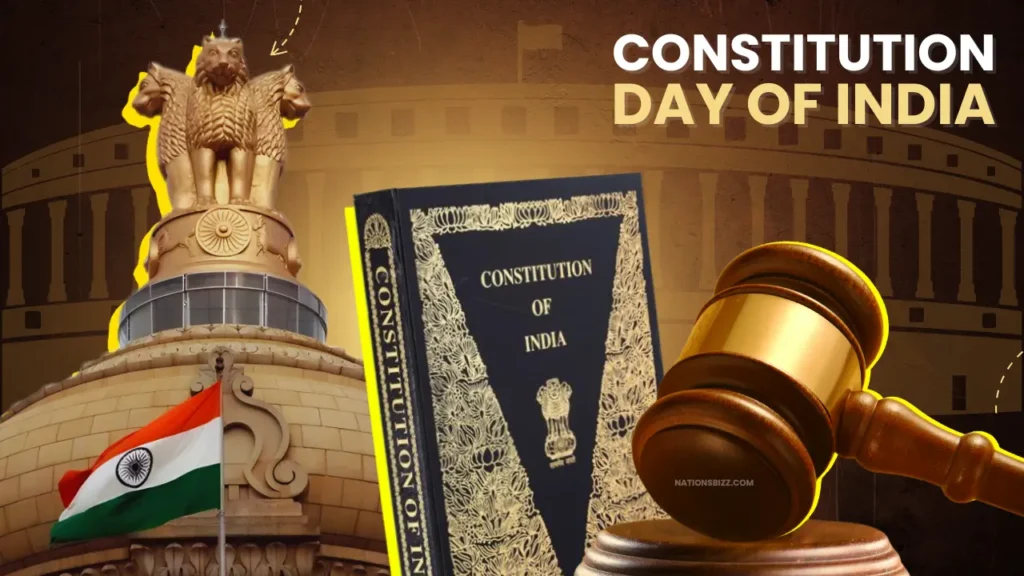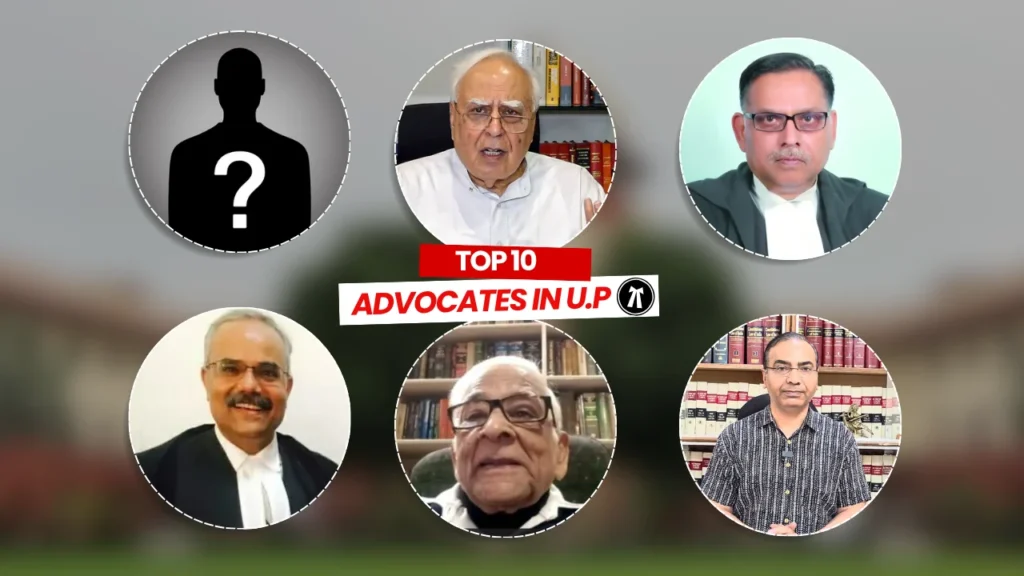In a chilling and emotionally charged incident from Odisha, eight women allegedly took the law into their own hands, killing and burning the body of a 60-year-old man they claim had subjected them to years of sexual assault. The shocking event has sparked intense national debate about justice, trauma, and the limits of legal protection in rural India.
Incident Overview
The incident took place in the Gajapati district of Odisha, where a group of women—reportedly widows and single mothers—allegedly plotted and executed the murder of Kamba Mallick, a man who they say had been sexually exploiting and threatening them for years. The woman confessed to killing him with a crowbar while he was asleep and later burning his body in a nearby forest to erase all traces.
Who Was the Victim?
Kamba Mallick, 60, lived in the same village and was known locally as a dominant and often feared figure. According to multiple sources, he was accused by several women in the community of:
- Sexual harassment and abuse
- Threatening survivors to keep silent
- Exerting social pressure and using caste dominance
- Creating an environment of fear and silence over decades
While no official police complaints had previously been lodged against him, whispers of his abusive behavior had reportedly circulated in the village for years.
Why the Women Took Drastic Action
According to preliminary police reports and confessions, the women decided to act when the victim allegedly escalated threats and attempts of assault. Fearing the ineffectiveness of law enforcement, and emboldened by collective trauma and desperation, they hatched a plan to kill him.
Reportedly, they:
- I waited until the man was asleep in his home.
- Struck him fatally with a crowbar.
- Transported his body two kilometers into a nearby forest.
- Poured petrol on the body and set it on fire.
The body was discovered days later, reduced to ashes and bones.
Police Action and Arrests
Following a tip-off from residents and inconsistencies in witness statements, the Odisha Police launched an investigation. Within days:
- 10 individuals were arrested, including 8 women and 2 male accomplices.
- A crowbar, believed to be the murder weapon, was recovered.
- The burned remains were confirmed to be those of Kamba Mallick through forensic analysis.
- Nearby villagers reportedly fled or refused to cooperate with police, fearing reprisals.
Community Reaction: Sympathy or Shock?
The incident has divided public opinion:
- Some villagers expressed sympathy for the women, claiming they were victims of long-standing abuse, ignored by the system.
- Others condemned the act, stating that vigilantism sets a dangerous precedent and that justice must come through the law.
A Pattern of Neglected Justice
This event sheds light on a larger, disturbing pattern in rural India:
- Women often lack access to justice, especially when the perpetrator holds power, caste dominance, or local influence.
- Police apathy, victim-blaming, and slow courts deter survivors from filing complaints.
- Social stigma further silences victims, particularly widows or unmarried women, who are more vulnerable in patriarchal settings.
In this context, the women’s act—however unlawful—appears to many as a desperate cry for justice that was long denied.
Legal and Ethical Dilemmas
While the emotional backdrop may evoke sympathy, the legal consequences remain serious:
- The accused are likely to face charges of murder, conspiracy, destruction of evidence, and possibly abetment.
- If found guilty, they could face life imprisonment or even the death penalty, though the courts may consider mitigating circumstances.
Ethically, the case raises questions:
- Is there a point where years of unaddressed trauma justify extrajudicial action?
- What should be the role of the state and law enforcement in preventing such tragic collapses of civil justice?
- How can communities be empowered to address abuse without resorting to violence?
Voices from Across India
The story has gone viral on social media, with mixed reactions:
- Women’s rights activists are calling for a full investigation into the abuse allegations and demanding better institutional support for rural women.
- Legal experts warn that allowing emotional sympathy to override law enforcement could weaken the justice system.
- Psychologists stress the need for trauma counseling, not only for the accused but also for the wider village community.
What Happens Next
As of now:
- The accused are in police custody and undergoing interrogation.
- Forensic reports and digital evidence (such as call records, witness statements, and community testimonials) are being collected.
- The Odisha State Women’s Commission has stepped in, seeking a balanced investigation that considers the past trauma of the accused.
A Case That Exposes Societal Cracks
This horrific and tragic case from Odisha is more than just a headline. It is a brutal reminder of the following:
- The failure of systems meant to protect vulnerable citizens.
- The unimaginable psychological scars that long-term abuse can leave.
- The need for better outreach, education, and accountability in India’s rural justice landscape.
As the legal process unfolds, the country watches—torn between the horror of the act and the sympathy for the cause behind it.





















